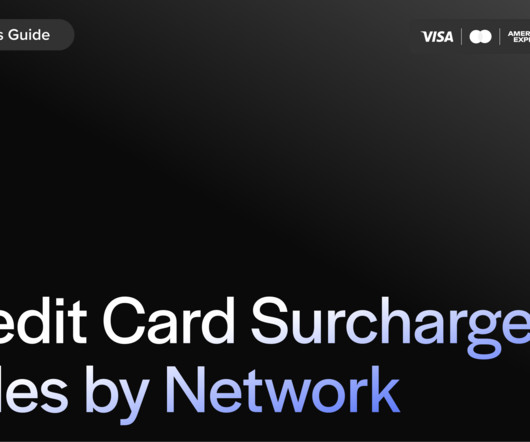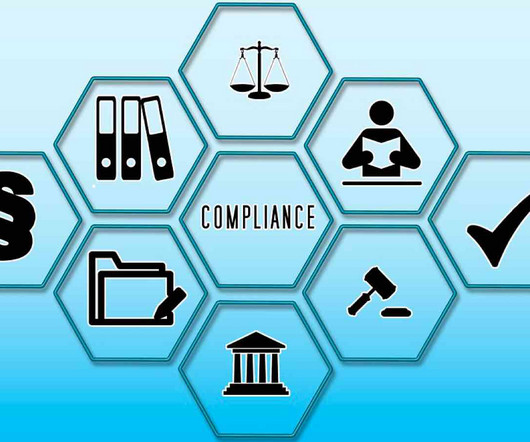How to Add a Credit Card Surcharge: A Step-by-Step Guide
EBizCharge
JUNE 19, 2025
A surcharge is added only when a customer uses a credit card. A convenience fee, on the other hand, is charged for offering an alternative payment method—like paying online instead of in person. If you skip the notice, you’re opening yourself up to penalties or disputes that could have been easily avoided.












Let's personalize your content